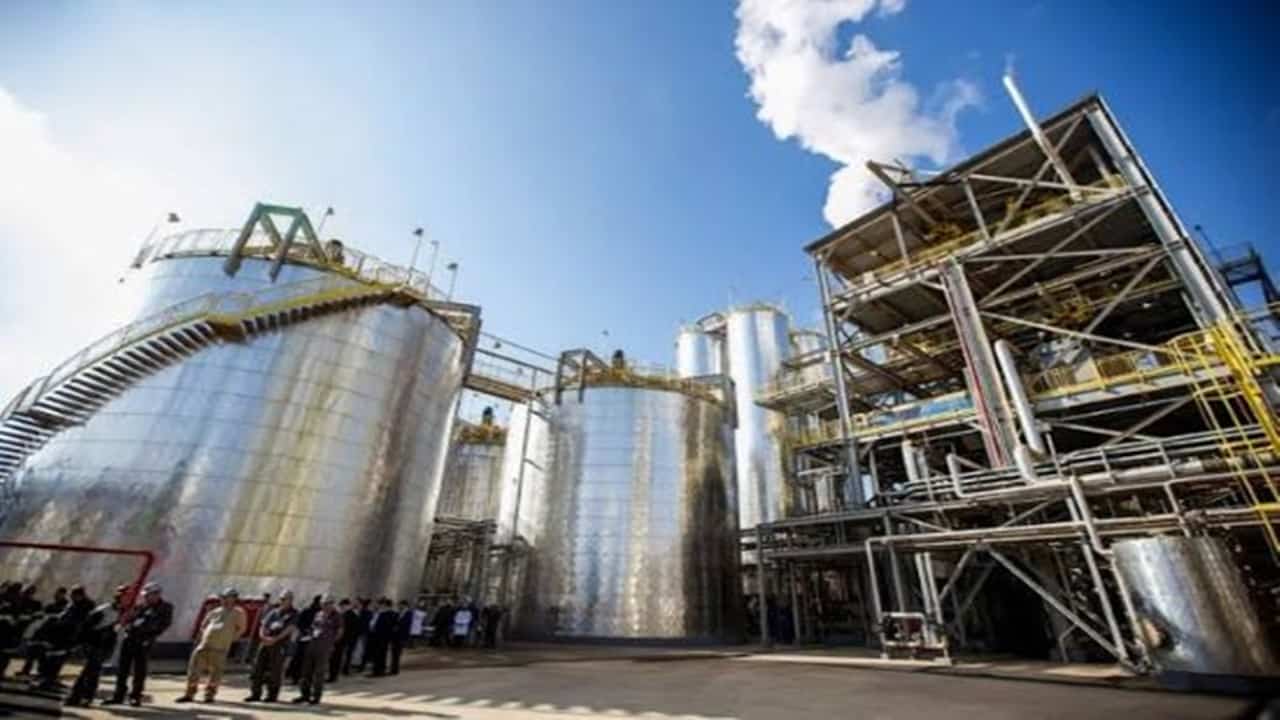
Growing adoption of ethanol in India creates a range of business opportunities for Brazil with the Asian country and the sugar-energy industries in Paraíba will benefit.
With India's new ethanol fuel policy, which provides for the addition of 20% of biofuel to gasoline from 2023, sugarcane ethanol is increasingly establishing itself as a clean and renewable alternative for sustainable mobility , as green fuel is capable of reducing emissions by 90% when compared to gasoline. Brazil and the Asian country have maintained friendly and constructive relations, which collaborate to boost the sugar-energy sector, flex-fuel vehicles and the reduction of polluting emissions.
Read also
- Job openings open today (04/01) to work at an ethanol plant
- Construction work on the new Noemille ethanol plant will generate 1500 jobs in MS; factory promises to process 1,2 million tons of corn per year, 550 million liters of ethanol, 105 GWh of energy and 22 thousand tons of oil
- Direct sale of ethanol from plants is approved by the Senate and promises to stimulate competition and curb the increase in gasoline prices at gas stations
- Volkswagen, Bosch, Nissan, USP and UNICAMP study technology with ethanol and realize the dream of an electric car running without a battery
- To ease the pocket with the skyrocketing in the price of gasoline, ethanol, diesel and CNG, consumers turn to the Kit on the internet that promises a car powered by water with an initial value of less than R$ 200
The executive president of the Alcohol Manufacturing Industry Union in Paraíba (Sindalcool-PB), Edmundo Barbosa, was invited by the minister Bento Albuquerque, of Mines and Energy, to be part of the business delegation that would visit India still in this first month of year. The main objective of the mission was to deepen talks on cooperation between the two countries in the area of sustainable mobility, with emphasis on biofuels and flex fuel vehicles. Due to the advance of the pandemic, the trip was suspended.
“Relationships between the Brazilian automotive industries and Indian industries, which are expected to implement flex-fuel technology, are becoming quite mature. We could see this in the last event that took place online to replace the mission that would be held in India. There is a very determined interest in replacing fossil fuel, that is, 20% of gasoline will have ethanol added, this already has deadlines defined in Indian legislation. By 2025, we are going to have India using 20% ethanol in gasoline, thus taking advantage of its best possibility of producing sugarcane and ethanol”, highlighted Barbosa.
Automotive industry will opt for the use of ethanol to reduce emissions
With this scenario, the sugar-energy industries in Paraíba will benefit indirectly, as well as the entire Brazilian sector. “The fact that India starts to use more sugarcane for ethanol production benefits the international market as a whole and leads, more and more, the automotive industry to opt more safely for the use of ethanol to reduce emissions. This is the great gain in this relationship (Brazil-India), expansion and appreciation of the Brazilian sugar-energy sector in the international market”, says the director of Sindalcool-PB.
The result of adding ethanol to gasoline is the result of previous missions by Brazil to India, which since 2019 has made itself available to the Asian country with its expertise in ethanol production. Currently, India adds 10% of biofuel to fossil fuel to reduce pollution.
India and Brazil are the largest sugar producers in the world. With greater local production of ethanol, the country will have smaller stocks of sugar for export, thus avoiding excess supply in the world market.
There is still no forecast for a new face-to-face meeting between leaders and representatives of the two countries. However, Brazil and India continue to have an intense relationship activity through virtual means.
India is expected to become the world's third largest market for ethanol, behind only the United States and Brazil by 2026.
India, which has about 1,38 billion people (2020), is home to 22 of the 30 most polluted cities in the world and air kills more than 1 million people each year in the country.
The determination of the Indian government to increase the use of ethanol among automakers and biofuel companies continues to accelerate. There has been an increase in ethanol production – which should increase to 10 billion liters per year when the mixture with gasoline rises to 20% – and the manufacture of flex-fuel cars should become effective.
According to a recent report by the International Energy Agency (IEA), the Asian country should become the third world market for ethanol, behind only the United States and Brazil by 2026.
The growing adoption of ethanol in India creates a range of business opportunities for Brazil with the Asian country.
To ease the pocket with the skyrocketing in the price of gasoline, ethanol, diesel and CNG, consumers turn to the Kit on the internet that promises a car powered by water with an initial value of less than R$ 200
The best of Brazil are the Brazilians, with the prices of gasoline, ethanol, diesel and CNG sky-high, there is no lack of advertisements for accessories that promise to reduce vehicle fuel consumption. The novelty on the internet is an apparatus that promises the conversion of conventional combustion engine cars, to be transformed into “water powered” cars, through a product known as a hydrogen kit.
The technology contraption offered on social networks and e-commerce sites has an initial price of less than R$200, but can exceed R$1.000, depending on the brand and configuration. But the promise is the same: the “technology” uses electricity from the alternator to extract hydrogen from water, which is stored in a small tank. Read the full story here







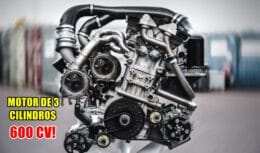
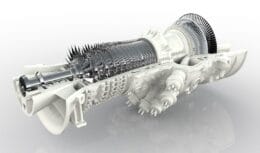
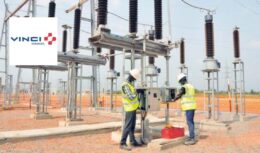
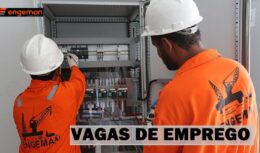

Army summons Brazilians with up to…
Come be a watermelon, you too
Air Force F-16 fighters…
Which genocide are you talking about? Than…
Air Force F-16 fighters…
Everything is fine, 100-year secrecy,…
Air Force F-16 fighters…
Well... It's flying scrap... Typical...
Brazil begins an ambitious journey…
Very poor project with the final station…
Lol I imagine where kites, parrots, etc. are flown…
I'm from Santos SP, I have a vacancy...
another pick-up
Dude, the material is instructive, me too…
We are self-sufficient in energy production…
I have experience in construction
Maybe there is a layout error…
Voltz filed for bankruptcy, stole R$…